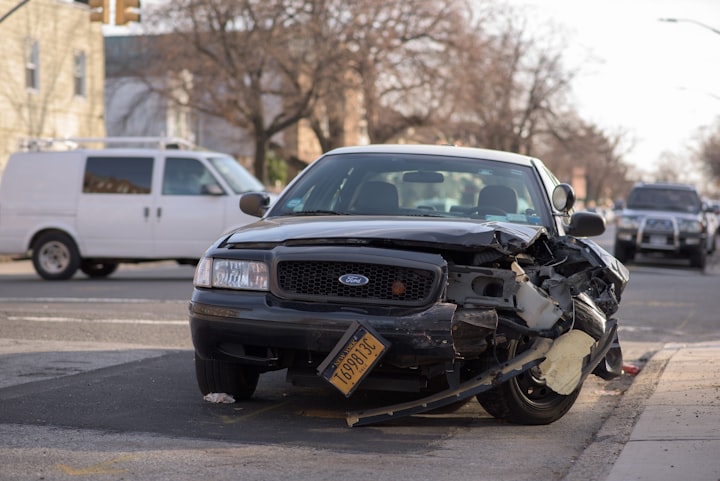How Over heating affects your car's engine
Car Rental from Business Bay

If a car's engine overheats, it can cause damage to the engine and even lead to a catastrophic failure.
When your car's engine overheats, it's important to know what to do especially if it's a rented car like https://rentalcarsuae.com. Here are some tips on how to avoid overheating your car's engine:
Keep an eye on your car's oil level
If you're not sure whether or not your engine is overheating, check its oil level. If the level is low, then you should be aware of this problem and take action. You can do this by adding more oil when you're at home or by taking your car for a long drive so that it gets used to high temperatures.
Check the radiator cap

The radiator cap protects the radiator from hot water leaks and prevents any excess air from entering the system. You should always make sure that this cap is in place before driving your car because if it isn't there, then any excess heat will build up inside the system and damage it over time. The easiest way to check that this cap is properly installed is by looking at where it fits into the water jacket around your radiator; if there are gaps around it, then you'll need
Overheating most common problems

Overheating is one of the most common problems that car owners face. It happens when too much heat is produced by the engine, which can lead to:
• Damaged parts
• Damage to your car's electrical system
• A damaged catalytic converter
How Hot Should My Car Be?
The ideal operating temperature for a car's engine is between 200 and 230 degrees Fahrenheit (93 and 110 degrees Celsius). A car's air conditioner works best at about 78 degrees F (26 degrees C), so when the outside air temperature is much higher than that, your vehicle's AC will struggle to keep up.
When your car overheats, its engine gets hotter than it should be and dies out. If you notice your AC isn't blowing cold air anymore or there's no coolant coming from beneath your hood, then chances are your engine might be overheating.
FAQ
Q: How does overheating affect my car's engine?
A: Overheating can cause your car's engine to overheat, which can damage the oil and internal components.
Q: What should I do if my car is overheating?
A: If your car is overheating, it means that the engine is getting too hot. There are several things you can do to cool down your vehicle:
-Switch off the ignition and wait for a few minutes before turning back on. This will allow time for any internal parts to cool down before restarting the engine.
-If possible, leave your car in a safe place where it will not be damaged by heat or water.
-Listen for any unusual noises coming from inside your vehicle and make sure to check all systems regularly (including cooling fans and belts) and replace any parts that need replacing.
What is overheating? And how does it affect your car's engine?
Overheating is when the temperature of a part of your car's engine reaches its limit, causing damage to its parts. That limit varies based on the part of the engine you're talking about—but it's usually somewhere between 180 and 200 degrees Fahrenheit (82 and 93 degrees Celsius).
One example of this would be a piston. The piston is where all of your fuel goes, and it gets really hot when you're driving. If it reaches this temperature while being driven around at high speeds, then that can cause friction between multiple parts of the piston, which reduces efficiency and wear on other parts.
It can cause problems with the cooling system and could potentially damage the engine itself.
The most common symptoms of overheating are:
- Your car's engine might be running very hot (more than 140 degrees Fahrenheit)
- You might smell burning rubber or electrical components
- The temperature gauge on your dashboard might show a red color
If you do find a leak
If you do find a leak, it's important to address it as soon as possible. Waiting too long could result in serious damage to the engine and even lead to an explosion!
Overheating can also affect other parts of the engine besides just its radiator or cooling system. For example, overheating can cause cracks in the pistons or valves and cause them to break apart or fail completely.
About the Creator
amex car rental uae
Your best travel partner






Comments
There are no comments for this story
Be the first to respond and start the conversation.